Find SimTiff for Custom Injection Molding
It only takes a few days to get a sample by contacting us. Come to us for a quote!
Certifications
ISO 9001:2015 | ITAR Registered | Critical to Quality Inspections
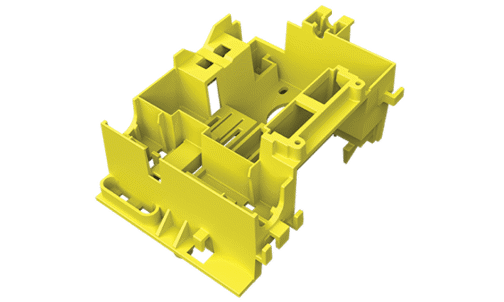
Why Choose SimTiff Custom Injection Molding
Expertise and Experience
SimTiff has years of experience in the injection molding industry. Our team of skilled engineers and technicians is well-versed in the latest technologies and techniques, ensuring that every project is handled with the utmost professionalism and expertise. We have successfully delivered custom solutions for a wide range of industries, including automotive, medical, consumer goods, and electronics.
State-of-the-Art Technology
We invest in the latest injection molding technology to ensure high precision and efficiency. Our advanced machinery and equipment allow us to produce complex parts with tight tolerances and exceptional consistency. Whether you need a small batch or a large production run, we have the capability to meet your demands.
Customization and Flexibility
At SimTiff, we understand that each project is unique. We offer comprehensive customization options to meet your specific requirements. From material selection to mold design, we work closely with you to ensure that the final product matches your exact specifications. Our flexible approach allows us to adapt to changes and provide innovative solutions tailored to your needs.
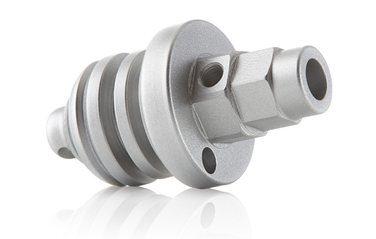
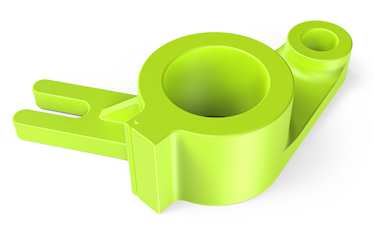
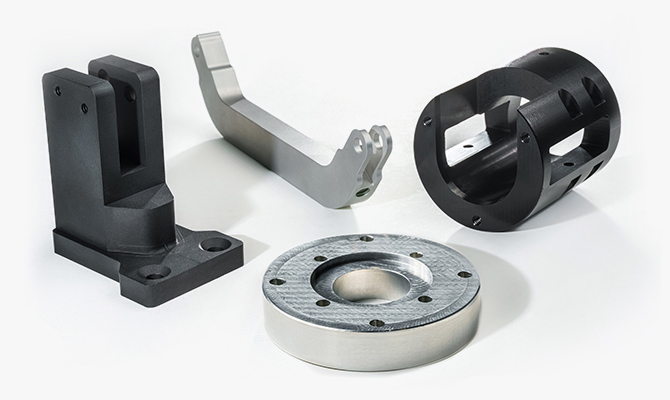

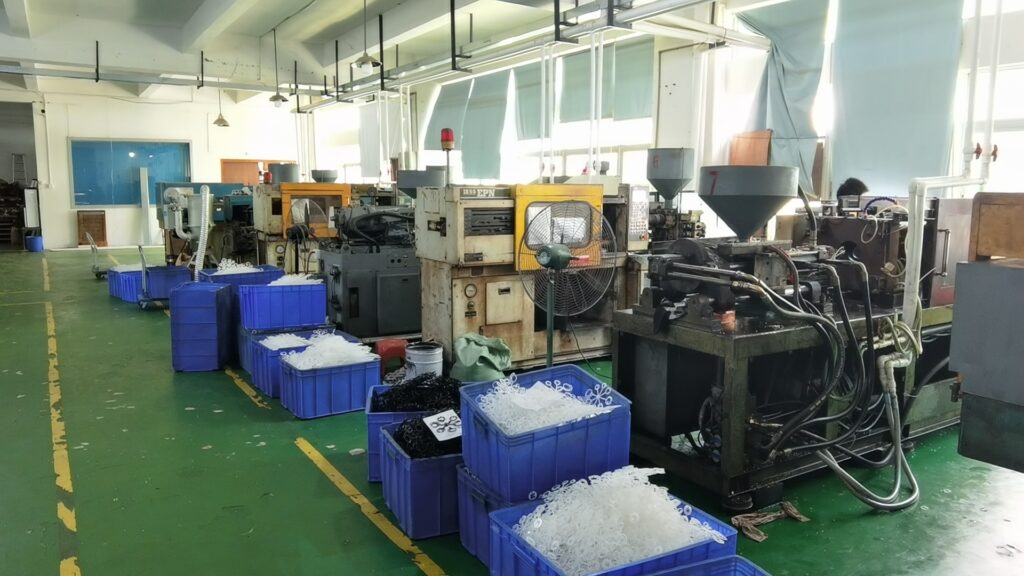
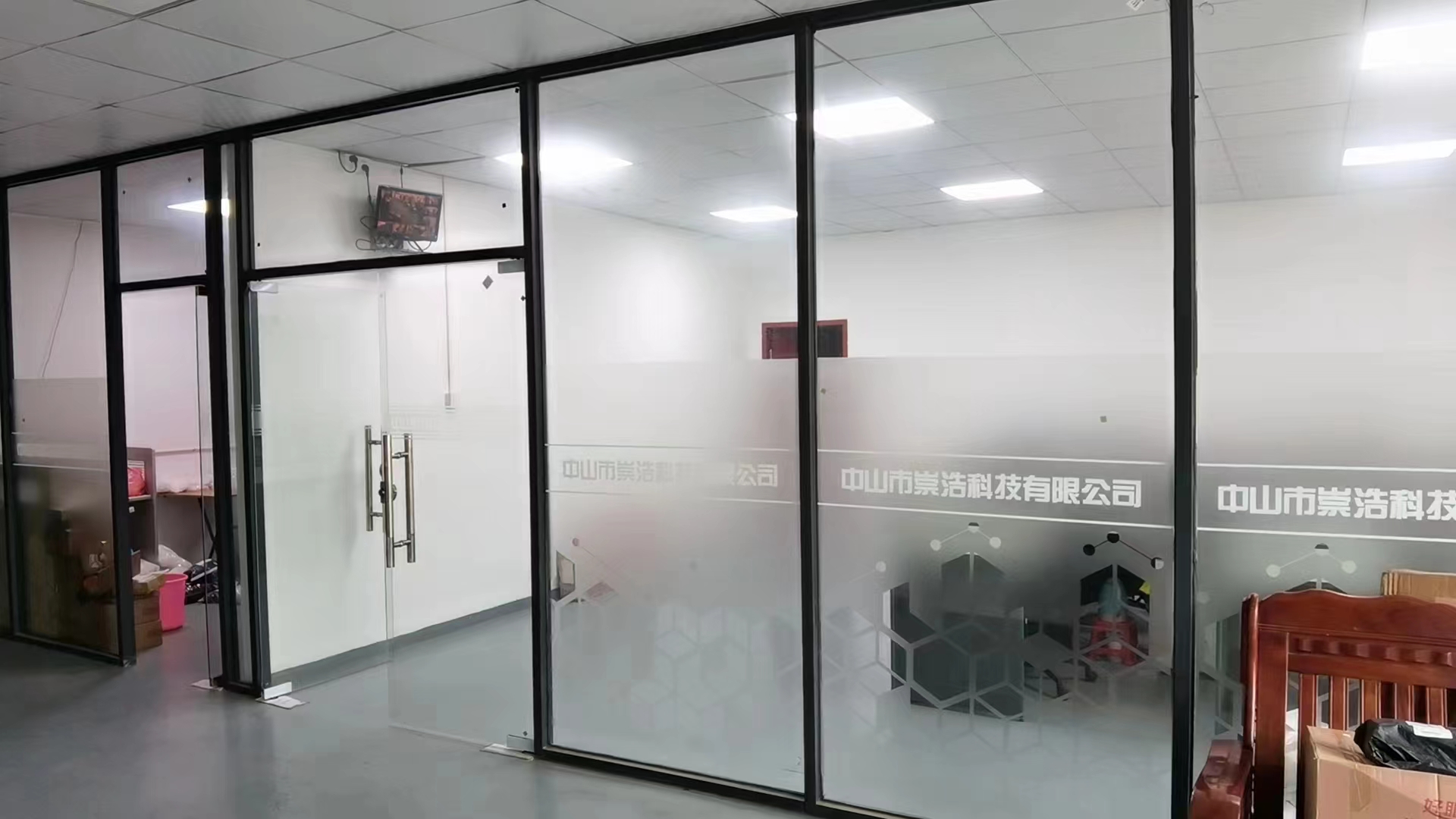
SimTiff
Quality Assurance
Quality is our top priority at SimTiff. We adhere to strict quality control measures throughout the entire production process. Our rigorous testing and inspection procedures ensure that every part we produce meets the highest standards of quality and performance. We are committed to delivering products that are durable, reliable, and defect-free.
Competitive Pricing
We offer competitive pricing without compromising on quality. Our efficient production processes and cost-effective solutions enable us to provide excellent value for your investment. By choosing SimTiff, you get top-quality custom injection molding services at a price that fits your budget.
Excellent Customer Service
Our customer-centric approach sets us apart from the competition. We are dedicated to providing exceptional service and support at every stage of your project. Our responsive and knowledgeable team is always available to answer your questions, address your concerns, and provide timely updates. We strive to build long-term relationships with our clients based on trust and satisfaction.
Sustainable Practices
At SimTiff, we are committed to sustainability and environmental responsibility. We use eco-friendly materials and implement green manufacturing practices to minimize our environmental impact. Our goal is to help you create products that are not only high-quality but also environmentally friendly.
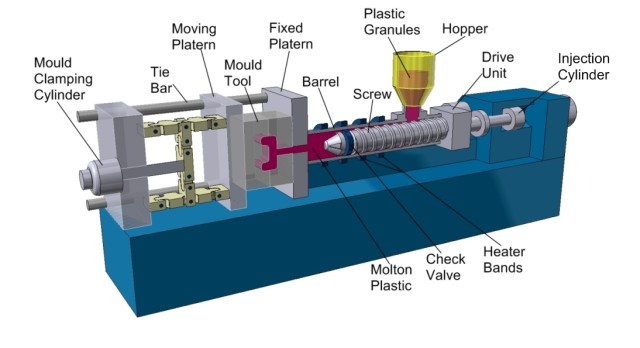
What is Plastic Injection Molding?
Plastic Injection Molding is a way to make lots of plastic items quickly and efficiently. It works like this: First, small plastic pellets are melted down into a liquid state. This melted plastic is then forced, or injected, into a hollow mold cavity – a space shaped like the desired plastic part. Once the liquid plastic fills the mold cavity, it is allowed to cool and solidify into the final shape. After cooling, the mold opens up and the newly formed plastic part is ejected out.
This process allows manufacturers to produce thousands or even millions of identical plastic components very rapidly. It’s used to make all kinds of things we use every day, like toys, containers, electronics cases, and even some furniture components. The speed, consistency, and low costs make Plastic Injection Molding an extremely important manufacturing technique in our modern world.
Common applications for plastic injection molding:
- low-volume production
- bridge tooling
- pilot runs
- functional testing and prototyping
plastic injection molding How It Works
Material Preparation: Plastic pellets, usually made from materials like polypropylene or polystyrene, are fed into a hopper.
Melting: The pellets are heated in a barrel until they become molten.
Injection: The molten plastic is then injected into a mold cavity under high pressure.
Cooling: The plastic cools and hardens inside the mold, taking on the shape of the mold cavity.
Ejection: Once the plastic has solidified, the mold opens, and the finished part is ejected.

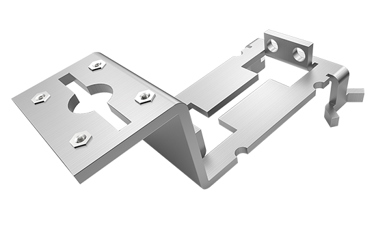
Advantages of Plastic Injection Molding
High Efficiency: Once the molds are designed and set up, the production process is very fast.
Consistency: Each part produced is identical, which is crucial for manufacturing precise components.
Flexibility: This method allows for the production of parts with intricate designs and complex geometries.
Cost-Effective: Despite the initial cost of creating the mold, the overall production costs are low, especially for large volumes.
Where can plastic injection molding machines be used?
Plastic injection molding machines are utilized across numerous manufacturing industries to mass produce plastic parts and products. Consumer product factories rely on injection molding to make household items, toys, appliance casings and more. Automotive plants have molding machines for vehicle interior/exterior components like dashboards and body panels.
Consumer Products
Plastic injection molding is widely used to manufacture many common consumer products we use every day. Items like plastic containers, toys, appliance housings, and even some furniture components are produced this way. The injection molding process allows these products to be made quickly, inexpensively, and with a high degree of consistency from part to part. Next time you pick up a plastic item, chances are it was injection molded.
Automotive Industry
Modern vehicles contain a surprising number of plastic injection molded components. Interior trim pieces, dashboards, door panels, and exterior body components are examples of injection molded automotive parts. The ability to produce these lightweight yet strong plastic pieces in high volumes is a major advantage for automakers. New advances in injection molding materials and techniques continue to increase plastics’ use in cars.
Medical Field
The medical and healthcare industries rely heavily on plastic injection molding for many devices and supplies. Injection molded plastic is used to make disposable surgical instruments, equipment housings, tubing, and much more. The consistent and sanitary manufacturing possible with injection molding is essential for producing safe, reliable medical products. Specialized molding processes are used to meet stringent requirements.
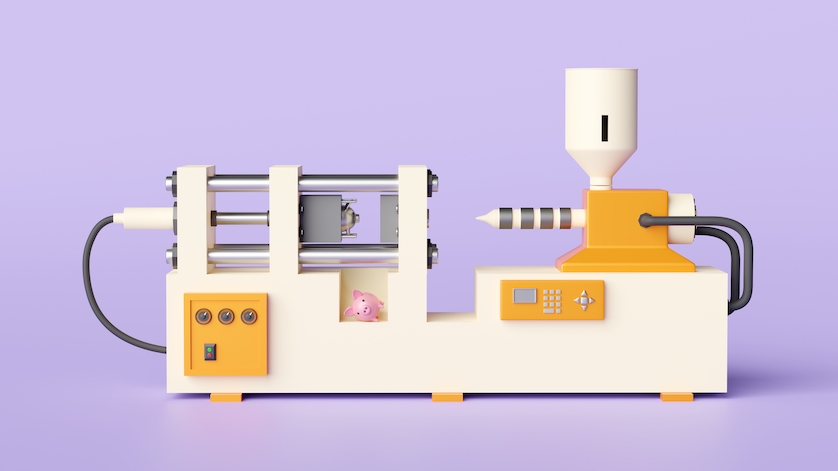
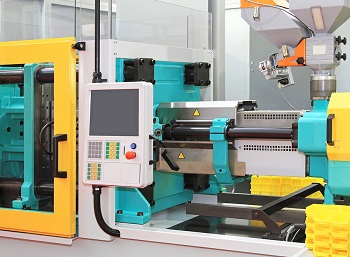
The Definitive Guide to Plastic Injection Molding Machines
Plastic injection molding is one of the most widely used manufacturing processes for producing plastic parts and products in high volumes. At the heart of this process are the plastic injection molding machines – large, complex pieces of industrial equipment. This guide will provide an in-depth look at these essential machines.
Machine Anatomy and Key Components
An injection molding machine consists of several key components working in concert:

Injection Unit:This is where the raw plastic material, usually in pellet form, is fed from a hopper into the machine. An injection cylinder containing a reciprocating screw heats and melts the plastic into a viscous liquid state.
Mold Assembly:The mold assembly consists of two halves known as cavity and core. These metal mold plates contain hollow cavities shaped like the desired plastic part. The mold closes tightly under immense clamping forces during injection.
Clamping Unit:This mechanism provides the tremendous force required to keep the mold halves tightly closed when the hot, pressurized plastic melt is injected. Advanced hydraulic or electric clamping units are used.
Control System:Injection molding machines use sophisticated computer controls to precisely manage the many process parameters like temperatures, pressures, timing, and automation sequences in each molding cycle.
Hydraulic vs. Electric
Hydraulic injection molding machines use hydraulic fluid to power the clamping and injection units. Electric machines directly use electric motors and servos to drive movement.
Tonnage Sizes
Machines are classified by their clamping force tonnage rating, from small mini-molders under 20 tons to large multi-component machines over 4,000 tons.
Vertical vs. Horizontal
Most injection molders have a horizontal barrel orientation. Vertical machines have the injection unit pointing straight down into the mold for certain applications.
Machine Types and Sizes
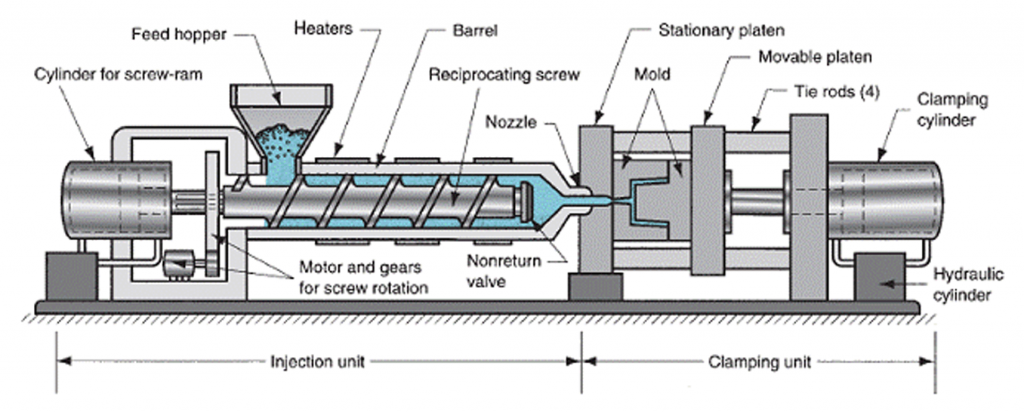
Key Operating Parameters
Several critical process parameters must be carefully controlled
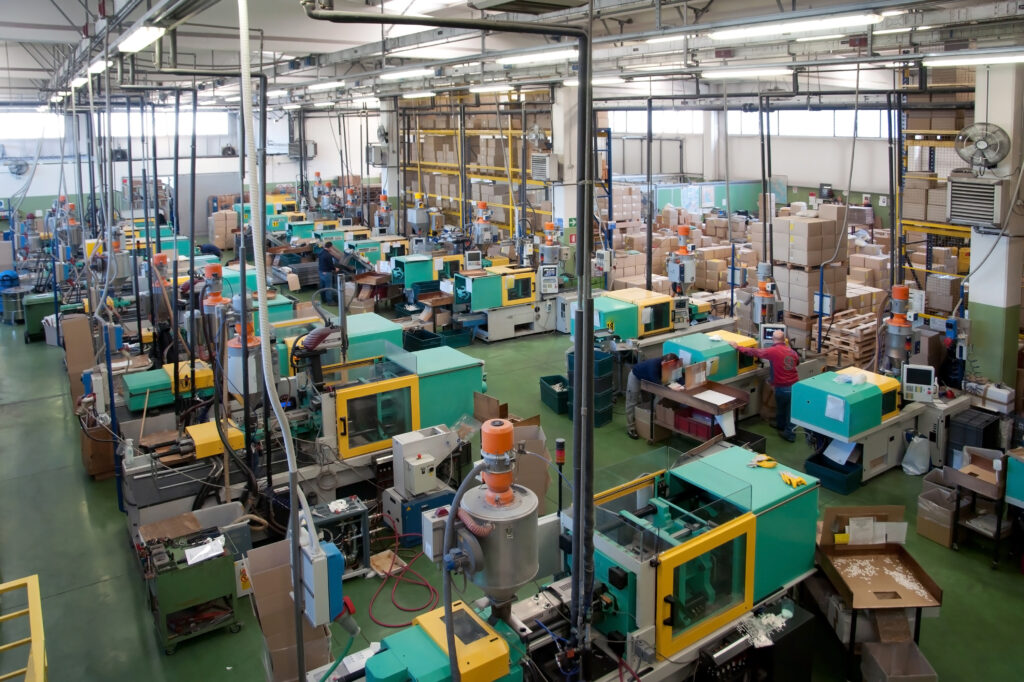
Melt Temperature
Sufficient heat to fully plasticize the material, but not overheat and degrade it.
Injection Pressure
Very high pressures, often over 15,000 psi, rapidly inject the melt into the mold cavities.
Mold Temperature
Heating and cooling of the mold surfaces is precisely regulated to facilitate filling and part ejection.
Cycle Time
Optimizing the total time for injection, cooling, and ejection maximizes machine throughput.
Multi-Component Molding
Machines that combine two or more plastic materials or colors into one part.
Coinjection Molding
Injecting a soft outer skin over a rigid plastic substrate for premium parts.
Automation and Robotics
Automated part handling with robotics increases productivity and reduces labor.
Industry 4.0 and IIoT
Industrial internet connectivity allows remote monitoring and optimization of machines.
Advanced Technologies
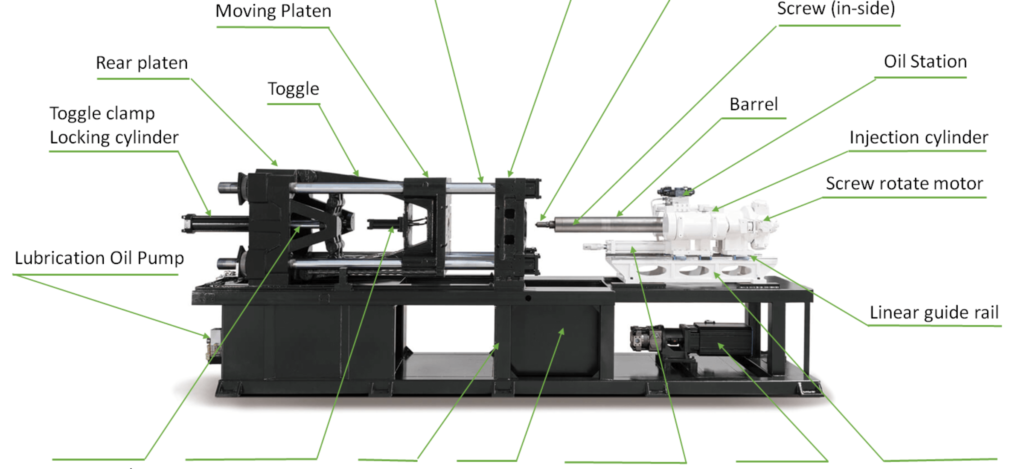
SimTiff
FAQs about SimTiff Custom Injection Molding
SimTiff serves a wide range of industries, including automotive, medical, consumer goods, electronics, and more. Our expertise and versatile technology allow us to produce high-quality parts for various applications, ensuring that we meet the specific needs of each industry we serve.
Quality is our top priority at SimTiff. We implement strict quality control measures throughout the entire production process, from material selection to final inspection. Our rigorous testing and inspection procedures ensure that every part we produce meets the highest standards of quality and performance. Additionally, we are ISO certified, which further guarantees our commitment to excellence.
SimTiff works with a wide variety of materials, including but not limited to thermoplastics like ABS, polypropylene, polycarbonate, and nylon. We also offer options for eco-friendly and recycled materials to meet the growing demand for sustainable products. Our team can help you select the best material for your specific application based on your performance requirements and budget.
Yes, SimTiff is equipped to handle both small and large production runs. Our state-of-the-art machinery and flexible manufacturing processes allow us to efficiently scale production to meet your needs, whether you require a small batch for prototyping or a large volume for mass production. We strive to provide timely delivery without compromising on quality.
SimTiff offers comprehensive design and development support to ensure that your custom injection molded parts meet your exact specifications. Our experienced engineers work closely with you from the initial concept through to final production. We provide assistance with material selection, mold design, prototyping, and testing to ensure optimal performance and manufacturability of your parts.
Several factors set SimTiff apart from other custom injection molding companies. These include their extensive industry experience, advanced technology, and ability to provide tailored solutions. SimTiff ensures high quality through strict quality control measures and ISO certification, while offering competitive pricing. Their exceptional customer service and commitment to sustainability further distinguish them as a top choice for custom injection molding needs.